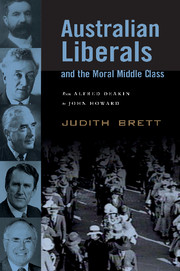SOME AUTHORITIES
The following books are recommended for perusal to follow up the study of the foregoing:
‘The Kingdom of God Is Within You’ – Tolstoy.
‘What Is Art?’ – Tolstoy.
‘The Slavery of Our Times’ – Tolstoy.
‘The First Step’ – Tolstoy.
‘How Shall We Escape?’ – Tolstoy.
‘Letter to a Hindoo’ – Tolstoy.
‘The White Slaves of England’ – Sherard.
‘Civilization: Its Cause and Cure’ – Carpenter.
‘The Fallacy of Speed’ – Taylor.
‘A New Crusade’ – Blount.
‘On the Duty of Civil Disobedience’ – Thoreau.
‘Life Without Principle’ – Thoreau.
‘Unto This Last’ – Ruskin.
‘A Joy For Ever’ – Ruskin.
‘Duties of Man’ – Mazzini.
‘Defence and Death of Socrates’ – From Plato.
‘Paradoxes of Civilization’ – Max Nordau.
‘Poverty and Un-British Rule in India’ – Naoroji.
‘Economic History of India’ – Dutt.
‘Village Communities’ – Maine.
TESTIMONIES BY EMINENT MEN
The following extracts from Mr Alfred Webb's valuable collection, if the testimony given therein be true, show that the ancient Indian civilisation has little to learn from the modern:
Victor Cousin (1792–1867)
Founder of systematic eclecticism in philosophy
‘On the other hand, when we read with attention the poetical and philosophical movements of the East, above all, those of India, which are beginning to spread in Europe, we discover there so many truths, and truths so profound, and which make such a contrast with the meanness of the results at which the European genius has sometimes stopped, that we are constrained to bend the knee before that of the East, and to see in this cradle of the human race the native land of the highest philosophy.’
